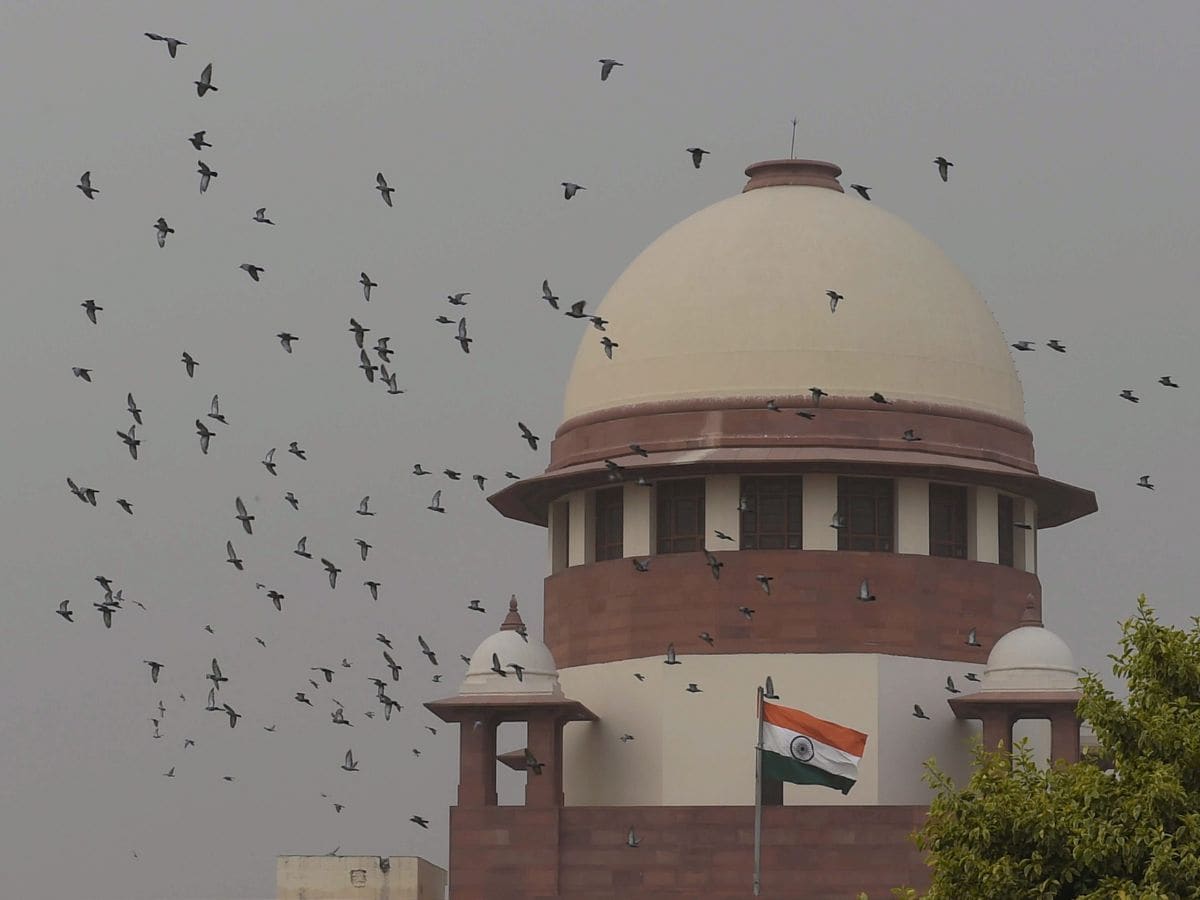
Dhar: Guidelines laid down by the Supreme Court were not followed during the scientific study of the 11th-century Bhojshala/Kamal Maula Mosque complex in Dhar district, a Muslim leader claimed on Friday, June 28.
A local Archaeological Survey of India (ASI) official said he could not comment on the issue.
The site is claimed by both Hindus and Muslims, leading to a dispute about its nature.
The Muslim community on Friday offered namaz at the complex, a day after the ASI wrapped up its 98-day scientific study of the area as directed by the High Court.
Waqar Sadiq, `shahar qazi’ or head cleric of Dhar city, alleged while talking to reporters that the SC guidelines were “grossly violated by the ASI team”.
The high court had said that no damage should be caused and there should be no excavation without the collector’s permission, but these directives were ignored, he claimed after attending the namaz.
When contacted, ASI’s local conservation assistant, Prashant Patankar, said he was not authorized to comment on the issue.
On March 11, the Indore bench of the Madhya Pradesh High Court ordered the ASI to conduct a scientific survey of the medieval-era Bhojshala structure in the Dhar district.
On April 1, the Supreme Court refused to stay the survey while hearing the pleas of Muslim petitioners but said no action should be taken without its permission on the outcome of the ASI study.
As per an April 7, 2003 order of the ASI, Hindus are allowed to worship inside the Bhojshala complex every Tuesday, while Muslims are allowed to offer namaz at the site on Fridays.
Hindus believe Bhojshala to be a temple of Goddess Vagdevi (Saraswati), while the Muslim community claims that it has always been a mosque.
